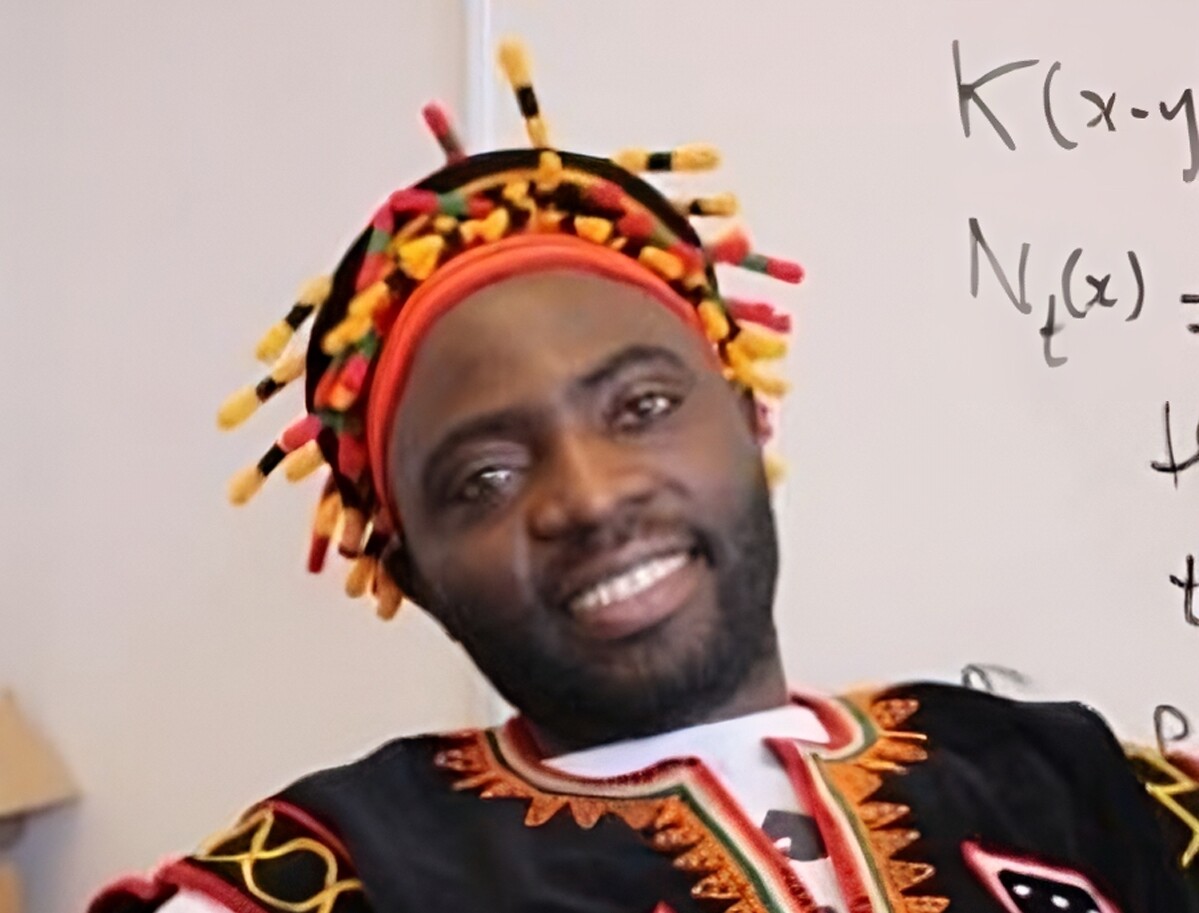Mobile Menu
- About Us
- Partnerships
- Events
- News
- Research
-
Education
- Education Overview
- Temerty Centre Speaker Series
- Trainee Rounds
- Summer Research Program
- AI Learning Hub
- Professional Development Opportunities
- Computational and AI in Medicine at LMP
- Academic Half-Days
- Explainable AI: How to create deployable AI in Healthcare
- AIME: Conference Workshop on Educating Users and Developers of AI in Healthcare
- Infrastructure
- Community

